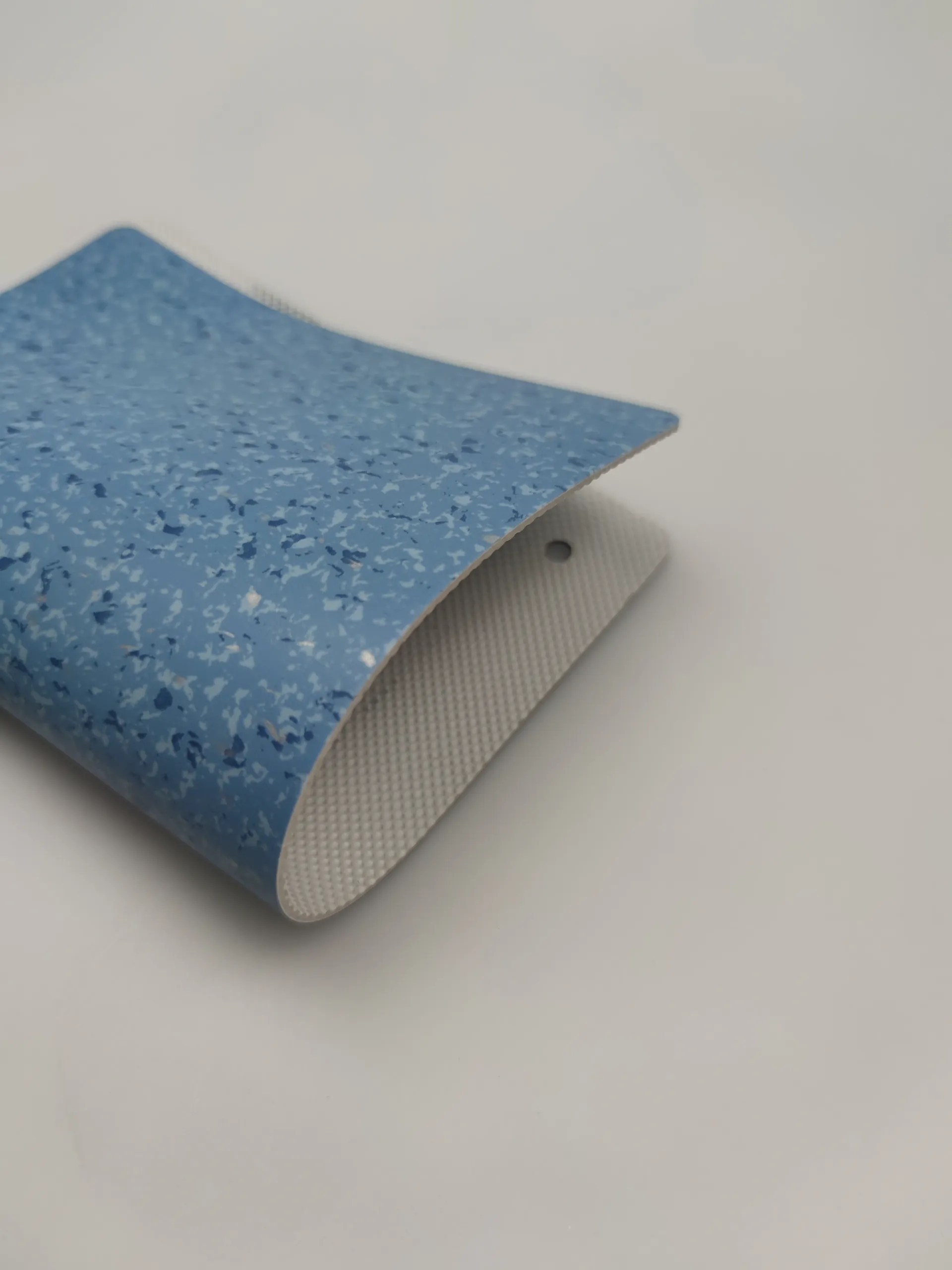Exploring All Types of Commercial Flooring Options for Every Business Need
All Commercial Floors A Comprehensive Guide
In the dynamic world of real estate and business environments, the importance of commercial flooring cannot be overstated. From retail spaces to office buildings and industrial facilities, the type of flooring chosen can significantly impact not only aesthetics but also functionality, safety, and maintenance costs. Understanding the various options available for commercial floors is crucial for any business owner or property manager looking to make informed decisions.
Types of Commercial Floors
1. Vinyl Flooring Popular in retail and hospitality sectors, vinyl flooring offers durability and versatility. It's available in a multitude of designs, colors, and textures, making it suitable for various aesthetics. Additionally, vinyl is relatively low-maintenance and resistant to water, making it a practical choice for high-traffic areas.
2. Carpet Tiles Often used in office environments, carpet tiles combine comfort with functionality. They are easy to install and replace, allowing for quick repairs when necessary. Furthermore, they provide sound absorption, enhancing the overall acoustics of a workspace. Available in myriad styles, carpet tiles enable businesses to create a unique design that reflects their brand.
3. Laminate Flooring Laminate is favored for its resemblance to hardwood at a fraction of the cost. Its scratch and stain resistance make it an attractive option for busy commercial spaces, especially in retail or educational settings. Moreover, laminate flooring is easy to clean and maintain, making it an ideal choice for many businesses.
4. Concrete Flooring For industrial spaces or warehouses, polished concrete is a popular flooring option. Its robustness and low maintenance requirements make it suitable for areas with heavy machinery. Concrete can be treated or stained to enhance its appearance, ensuring that it doesn’t compromise on aesthetics even in industrial settings.
5. Wood Flooring Real hardwood flooring exudes elegance and warmth, making it a favored choice for upscale retail locations and restaurants. Although it requires more maintenance than other materials, the aesthetic appeal of wood cannot be denied. Proper sealing and occasional refinishing can ensure that wood floors maintain their beauty and functionality for years.
6. Tile Flooring Ceramic and porcelain tiles are often chosen for their durability and ease of maintenance. They are particularly suitable for areas that may experience moisture, such as bathrooms or kitchens in commercial spaces. Tiles come in various designs and finishes, providing numerous options for customization.
all commercial floors

Factors to Consider When Choosing Commercial Flooring
When selecting the appropriate flooring type for a commercial space, several factors should be taken into account
- Traffic Levels High-traffic areas will require more durable materials. It’s important to assess foot traffic and choose a flooring type that can withstand wear and tear.
- Aesthetics The flooring must complement the overall design of the business. Consideration should be given to color, texture, and pattern to create a cohesive look.
- Maintenance Different flooring types require varying levels of upkeep. Assess the maintenance and cleaning requirements of the chosen material to ensure it aligns with your operational capabilities.
- Budget Establishing a clear budget is essential, as floor installation can range from economical to high-end. Always factor in not only the cost of materials but also installation and potential long-term maintenance costs.
- Safety Commercial floors should adhere to safety standards to minimize slipping hazards, especially in areas that may become wet.
Conclusion
The choice of commercial flooring is a critical decision that impacts the functionality, safety, and aesthetic appeal of a business environment. By understanding the different types of flooring and considering essential factors such as traffic levels, maintenance, and aesthetics, business owners can make informed choices that will benefit their operations in the long run. Investing in the right commercial floor not only enhances the workplace atmosphere but also contributes to the overall success of the business.
-
The Best Commercial Flooring SolutionsMay.12,2025
-
The Benefits of UPVC Skirting Boards for Your HomeMay.12,2025
-
Innovative Commercial Flooring SolutionsMay.12,2025
-
Enhance Your Outdoor Space with Quality Skirting SolutionsMay.12,2025
-
Choosing the Perfect Skirting Boards for Your HomeMay.12,2025
-
Advanced Solutions for Plastic Welding NeedsMay.12,2025




